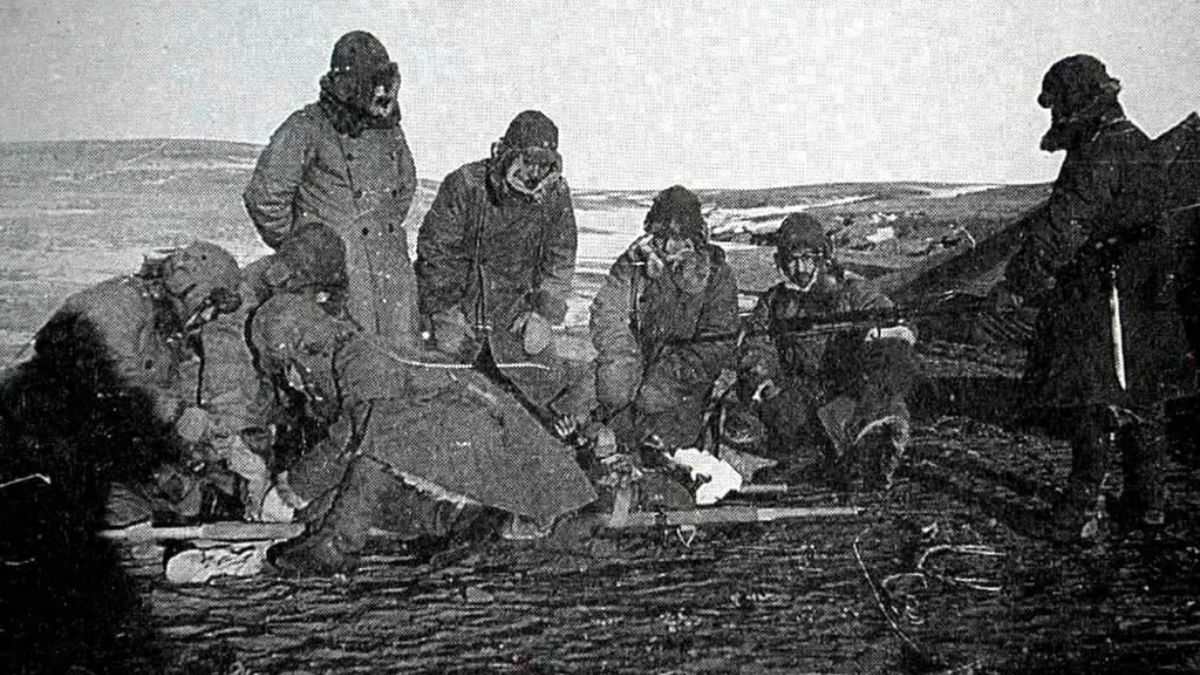As the Asia-Pacific region prepares to commemorate the 80th anniversary of the end of World War II, Japanese conservatives are warning of a “history war” in 2025.
They argue that films and television dramas from regional rivals depict Japanese military rulers as brutal and their citizens as heroic, stoking anti-Japanese sentiment.
Films such as 731, released in China last year and set for global release this summer, and Harbin, a South Korean box office hit, are being described as revisionist propaganda. Critics in Japan say the productions are designed to incite animosity.
Politics over Chinese film on Unit 731
“It was obvious that some nations would use the anniversary of the end of the war to promote their interpretations of history, and we know that films have the power to be very influential,” South China Morning Post cited Yoichi Shimada, a former academic who joined Japan’s parliament in October as a member of the far-right Conservative Party, as saying.
Shimada likened the situation to efforts by the Soviet Union in the 1950s to influence Hollywood, calling such tactics a tool of “fascist countries” to manipulate public opinion.
Released in China in July, 731 examines the human experiments carried out by Unit 731, a branch of the Imperial Japanese Army in Manchuria. The unit conducted experiments on prisoners of war and civilians, including live vivisections, despite claims in Japan that it only ensured clean water for troops.
The Global Times said the film “is poised to be another significant medium for exposing the vile acts of Unit 731”, adding that its “potential impact and educational value should not be overlooked”.
Public demand for the film overcame concerns about its graphic content, the publication said, adding that past films on Japanese wartime atrocities sparked feelings of hatred rather than fear.
Impact Shorts
More ShortsSimilar situation in South Korea
In South Korea, Harbin, which opened on Christmas Eve, attracted 2.4 million viewers in its first six days. The film portrays Ahn Jung-geun, a Korean independence fighter who assassinated Japanese Prime Minister Hirobumi Ito in 1909. South Korean actor Hyun Bin has received praise for his performance as Ahn, with Yonhap News lauding his nuanced portrayal of both a national hero and a young man burdened by his mission.
Shimada claimed the timing of these films’ releases aligns with broader goals. “These countries aim to drive a wedge between Japan and the US, reminding American audiences they were allies against Japan during the war,” he said.
An opinion piece by the Japan Institute for National Fundamentals argued that 731 is part of China’s broader strategy. Yang Haiying, a professor at Shizuoka University and naturalised Japanese citizen originally from China, wrote that the Communist Party uses anti-Japanese education to legitimise its rule. Since the Tiananmen crackdown in 1989, the Unit 731 site has served as a base for such messaging, Yang said.
Yang also cited former Prime Minister Shinzo Abe’s 2015 statement marking the 70th anniversary of the war, where Abe declared future generations should not be “predestined to apologize.” Any new apology, Yang warned, could trap Japan in a cycle of statements tied to China’s historical narrative.


)

)
)
)
)
)
)
)
)



